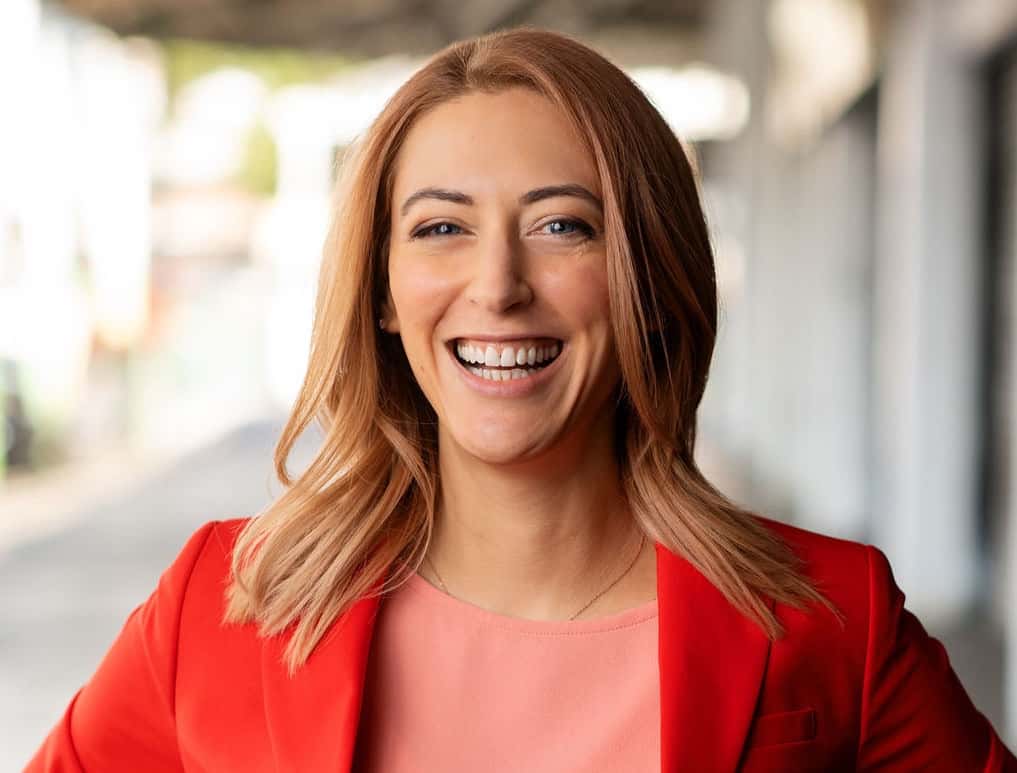
How to Keep Moving and Feel Better During COVID-19
COVID-19 restrictions have interfered with the way many of us exercise. Yet the benefits of moving, for both our physical and mental health, are more important than ever. How can we keep moving to feel better, despite the pandemic?
Moving at Home to Feel Better:
You may not have a home gym, but there are still things you can do to tap the benefits of physical activity. Hand weights, resistance bands or even a medicine ball might offer relatively low-tech approaches to staying active. Finding ways to participate with a movement community can amplify the power of exercise to help you feel better. You can lift your mood as well as strengthen your muscles.
Take It Outside:
While working out close together inside is still risky, some instructors for dance or other movement classes have adapted to having their groups outside. Ventilation is not a worry, and people can stay an appropriate distance apart and still get the benefits of moving together, especially if there is music. This creates community support that provides significant psychological benefits to all the participants. Even if it’s cold, being active outdoors makes you feel better.
“No Big Deal” Movement Helps You Feel Better:
While it is wonderful to find the joy in moving vigorously, you can also reap rewards from less strenuous activity. “No big deal” movement as part of everyday life can help you stay healthy and sane. Walking the dog counts as physical activity, plus it makes the dog happy as much as the human walker. Even a short burst of activity, as little as three minutes, can make you feel better, though you will probably have to exercise harder and longer to experience an exercise high.
This Week’s Guest:
Dr. Kelly McGonigal is a health psychologist and lecturer at Stanford University who specializes in understanding the mind-body connection. As a pioneer in the field of “science-help,” her mission is to translate insights from psychology and neuroscience into practical strategies that support personal well-being and strengthen communities.She is the best-selling author of The Willpower Instinct and The Upside of Stress. Her latest book, The Joy of Movement, explores why physical exercise is a powerful antidote to the modern epidemics of depression, anxiety, and loneliness.
Listen to the Podcast:
The podcast of this program will be available Monday, March 1, 2021, after broadcast on February 27. The show can be streamed online from this site and podcasts can be downloaded for free. CDs may be purchased at any time after broadcast for $9.99.

